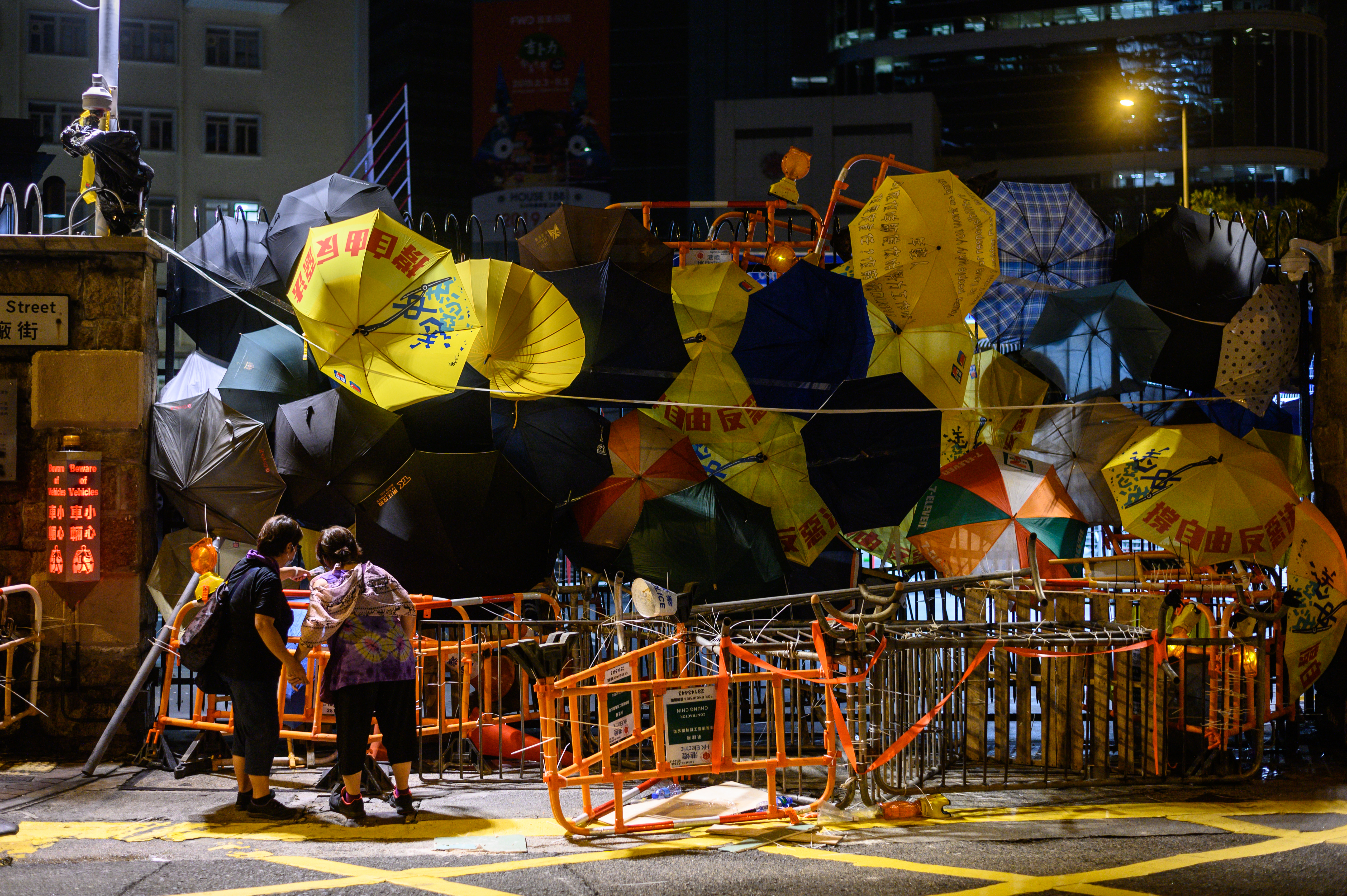Vietnam is squelching YouTube’s business activity after the service posted thousands of videos that the government considers inaccurate, offensive to the Communist leadership or a mechanism to lure children to gangs, official media and tech industry sources say.
Parent company Google has tried to shut down about 8,000 YouTube videos as ordered, but YouTube software doesn’t go far enough to remove others, state-controlled news outlet VnExpress International reported Wednesday. About 55,000 videos with “toxic, illegal” content remain on the site, the report says, citing the Authority of Broadcasting and Electronic Information.

Case by case
Google does not comply with all of Vietnam’s requests, considering each case individually, a source close to the company said for this report. The source said Vietnamese authorities want more content removed, faster or before being posted.
“It must be there’s probably some content on YouTube, probably to do with either Vietnamese leaders or China, and it would completely increase the country risk for Google,” said Adam McCarty, chief economist with Mekong Economics in Hanoi.
Leaders are sensitive about their public image. Many Vietnamese citizens also dislike China, a territorial rival going back centuries, and the government in Hanoi hopes to head off violent anti-China protests like a series in 2014 that targeted Chinese-owned businesses.
Steps to throttle YouTube
The Vietnamese government will block payments that Google makes for YouTube content that it considers illegal and will push Google to develop algorithms that can stop controversial videos from going live, VnExpress International said.
The Ministry of Information and Communications further ordered 60 companies, including foreign ones, to quit advertising on YouTube videos with “antigovernment content,” the news website adds. Among the would-be advertisers are Samsung, Yamaha and Huawei.
Authorities will face “challenges” in following up the advertisement ban, since YouTube places that ad automatically via its software, said Lam Nguyen, country manager with the market research firm IDC.
Google spokespeople in Asia declined comment this week.
Cybersecurity Law
Vietnam, different from its communist neighbor China, blocks neither YouTube nor other Google services. YouTube was the second-most accessed website in Vietnam last year, behind only Facebook, the news outlet says.
“There won’t be any restrictions, and that’s something they’re proud of,” said Tai Wan-ping, Southeast Asia-specialized international business professor at Cheng Shiu University in Taiwan.
But in January the country implemented a Cybersecurity Law that lets the government target specific offensive content using evidence provided by email services and social media networks including Facebook. Efforts to stop YouTube fall under that law, Nguyen said.
“It is a next step of enforcement initiatives that follow the Cybersecurity Law that went into effect early this year,” he said. “Google and YouTube among other cross-border digital platforms will begin to start feeling pressure to do compliance.”

What’s in the videos
Officials in Hanoi have not said publicly which videos it dislikes. Naming specific content would motivate more people to watch it, McCarty said.
Some videos may have shown the million-person, antigovernment street demonstrations in Hong Kong since June 9, Tai said. Vietnamese authorities do not want disgruntled people in their own country to launch protests, he added.
“They care a lot about the Hong Kong situation, because they wonder whether the matter in Hong Kong could happen in the future in Vietnam,” Tai said.
Vietnamese officials probably objected to content they felt had “libeled” the government, to so-called “fake news” and to videos posted by a charismatic male Vietnamese “gangster” who was influencing children to like him, said Trung Nguyen, international relations dean at Ho Chi Minh University of Social Sciences and Humanities.
“He became so notorious in Vietnam, and many young people follow him, and the government asked YouTube to block the channel,” Trung Nguyen said.
The government believes it has a right to demand cooperation from YouTube, since the video service gets “financial benefits” from Vietnam, he added.

